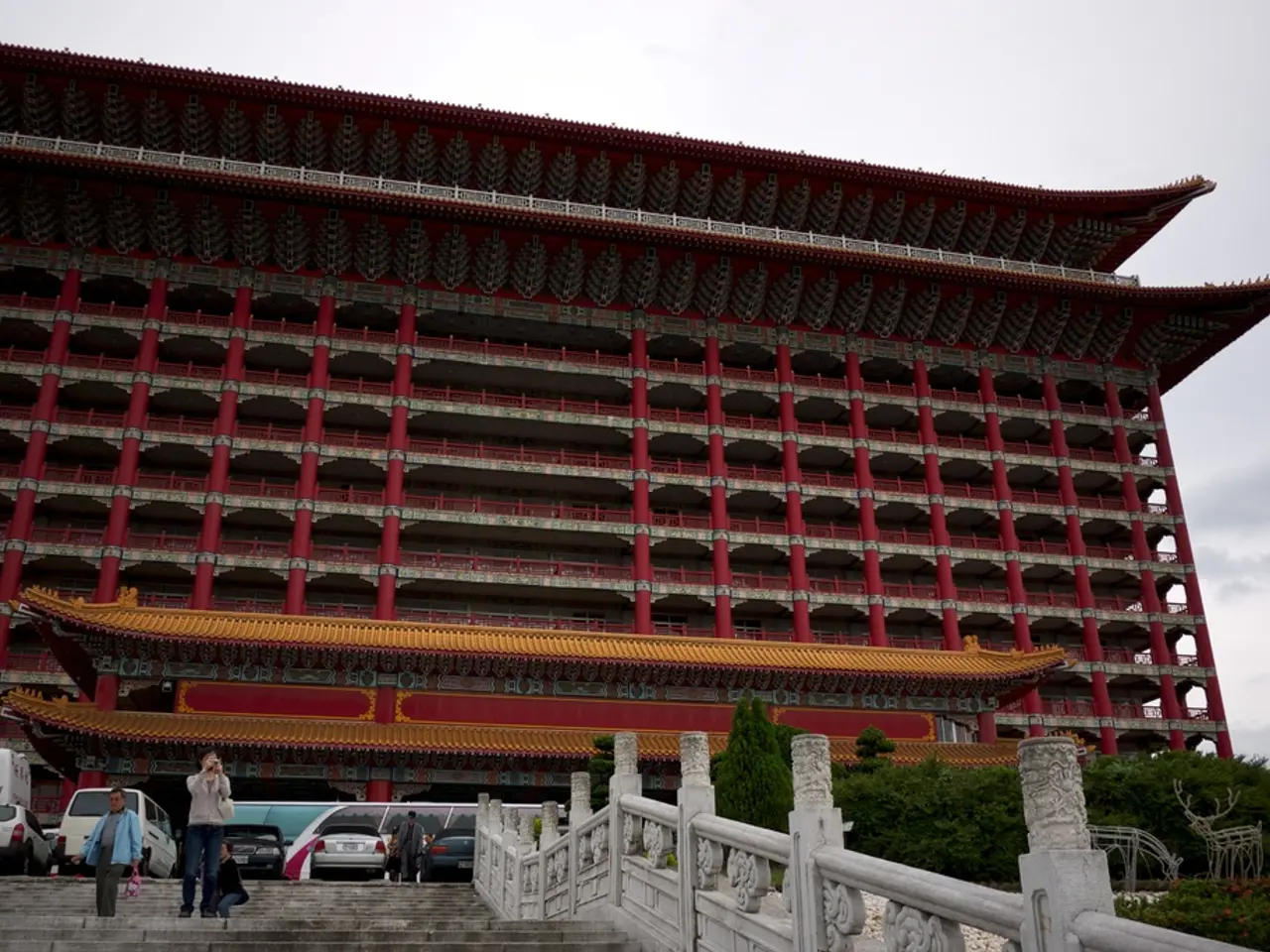Litigation claim filed, arbitration rights forfeited
In a significant ruling, the US Court of Appeals for the Second Circuit has upheld a district court's refusal to compel arbitration in a high-value fiduciary dispute involving UBS Financial Services. The case, Doyle v. UBS Financial Services, serves as a cautionary tale for litigants who delay invoking arbitration clauses until after trying their luck in court.
The decision, handed down on 14 July 2025, represents a departure from the Second Circuit's previous approach, which required proof of prejudice to establish waiver (Carcich v Rederi A/B Nordie, 1968). In this case, Judge Sarah Merriam, authoring the appellate court's decision, found that UBS waived its right to arbitrate in the dispute.
The litigation stems from a dispute brought by trustees of the Peter and Elizabeth Tower Foundation against UBS and its investment advisers, alleging breach of fiduciary duties. The foundation's accounts were transferred to UBS in 2015, with John Blair, father of Jay Blair and formerly the foundation's attorney trustee, placing assets under his son's management.
The client relationship agreement between the foundation and UBS included a broad arbitration clause. However, the trustees contended that the foundation never received a copy of the agreement, making it invalid. The UBS defendants appealed the decision to the US Court of Appeals for the Second Circuit.
The Second Circuit's new approach to arbitration waiver is based on the Supreme Court's ruling in Morgan v Sundance (2022), which states that prejudice to the opposing party is no longer required to establish waiver. The court now evaluates waiver based on whether the party seeking arbitration "knowingly relinquished" its right to arbitrate. In this case, the court found that UBS knowingly relinquished its right to arbitrate by first seeking full and final resolution of claims in federal court, actions inconsistent with preserving arbitration rights.
This shift in the Second Circuit's approach to arbitration waiver reflects a significant change from prior doctrine. Following the Supreme Court's decision in Morgan v. Sundance, Inc., the Second Circuit abandoned its former three-factor test (time elapsed, amount of litigation conducted, and proof of prejudice to the opposing party) that had derived from Carcich and other precedents.
Litigants in the Second Circuit should avoid delaying invoking arbitration rights or participating in full-scale litigation, as such conduct can be viewed as knowingly relinquishing arbitration rights and thus constitute waiver, even without showing prejudice to the non-moving party. This brings the Second Circuit in line with several other circuits that have adopted Morgan's approach, moving away from doctrines that uniquely shield arbitration agreements from typical contract enforcement principles.
In this case, the business dispute between the Peter and Elizabeth Tower Foundation and UBS Financial Services, which involves claims of breach of fiduciary duties, was escalated to the US Court of Appeals for the Second Circuit due to UBS's decision to participate in full-scale litigation instead of invoking the arbitration clause in their finance-related agreement. The Second Circuit's latest ruling, based on the Supreme Court's decision in Morgan v Sundance (2022), now evaluates arbitration waiver based on whether a party knowingly relinquishes its right to arbitrate, thus cautioning businesses to promptly invoke arbitration rights to avoid potential waiver and subsequent legal complications.




